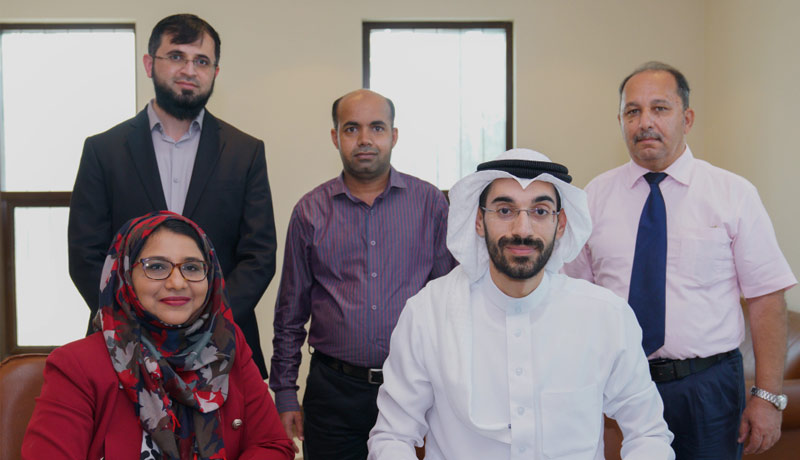
Farnek, has signed an agreement with Oriental Press, to manage its carbon emissions and to realize its goal as the first carbon-neutral printer in the UAE and wider Gulf region.
“That enables Oriental to offer carbon-neutral paper products and pave the way for an upstream and downstream sustainability strategy, encouraging its suppliers and customers to become net-zero too,” said Markus Oberlin, CEO, Farnek.
“A positive environmental strategy is no longer an option for commercial organizations, consumers today are demanding products that are sustainable and it is not only the printing industry that can benefit from carbon-neutral products, the manufacturing industry in general can as well,” added Oberlin.
The project’s initial phase calculates the printing operation’s current carbon footprint, which includes raw materials, energy usage, production facilities, transportation, and other supply chain components.
Farnek can use cutting-edge tools provided by ClimatePartner, Farnek’s strategic carbon management partner, to focus on effective strategies to minimize existing emissions and then plan to offset the remaining inevitable emissions once Oriental’s CO2 footprint has been measured.
The Oriental Group, founded in 1952, has evolved to become one of the world’s leading printers, with products exported to more than 80 countries. Oriental manufactures a comprehensive range of high-quality products in six business divisions: books, commercial printing, paperboard packaging, flexible packaging, security printing, and, of course, digital, with modern manufacturing plants in Dubai and Bahrain and Sales & Marketing offices in the Middle East and Europe.
Oriental has two primary production facilities, one in Jebel Ali, Dubai, that specialises in soft and hard cover colour book production, with the majority of its products being shipped to international markets. A commercial printing factory in Bahrain produces publications, advertising material, annual reports, calendars, and office stationery through its 23,000 sqm printing complex. Separate facilities are also available for the fabrication of paperboard packaging and flexible packaging. A second security printing plant manufactures postage and revenue stamps, as well as checks, stock certificates, and other high-security items.
“Amongst other certificates, we are already FSC accredited, which means that we only source paper that comes from well-managed forests and recycling. Reducing and offsetting our carbon emissions is the next stage of our environmental journey,” said Mohamed Al Zeera, Managing Director, Oriental Press.
“Carbon offset projects help counteract the release of greenhouse gas (GHG) emissions whilst simultaneously improving the livelihood of people around the world. By supporting carbon offset projects, we can offset emissions currently unavoidable and reduce our overall environmental impact.
“If the UAE is to achieve its commitment of net zero emissions by 2050, the government will need the support of the private sector, not only by reducing but offsetting their emissions,” added Al Zeera.
Since 2006, Climate Partner has provided a wide range of environmental solutions, including carbon management methods and the development of climate-neutral products and services. They’re also participating in a number of internationally recognised carbon offset programmes, and they’ve built an IT solution for assessing carbon footprints and offsetting carbon emissions so that products and services can become carbon neutral.
“The climate neutrality of products can be verified online and stakeholders are be able to see the amount of GHG emissions that are generated during the production process and the type of climate action project that has been selected to offset those emissions,” said Nadia Ibrahim, Head of Sustainability, Farnek.
Farnek inaugurated a rooftop vertical garden earlier this year, which grows salad plants for Farnek’s employee canteen, demonstrating its ecological credentials while also practising what it preaches. The food waste produced, estimated to be roughly 125kg per day, is composted and returned to the garden, effectively closing the loop and establishing a circular economy.